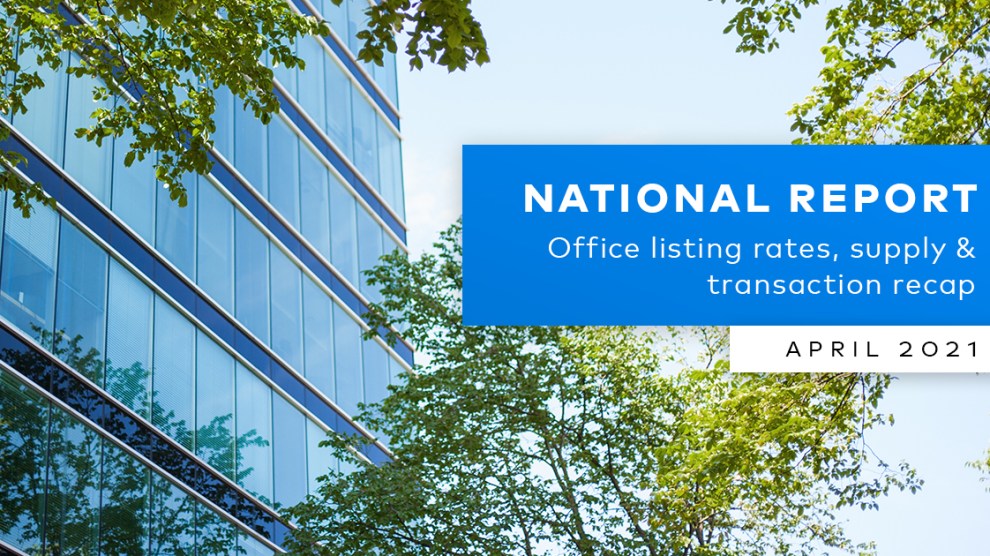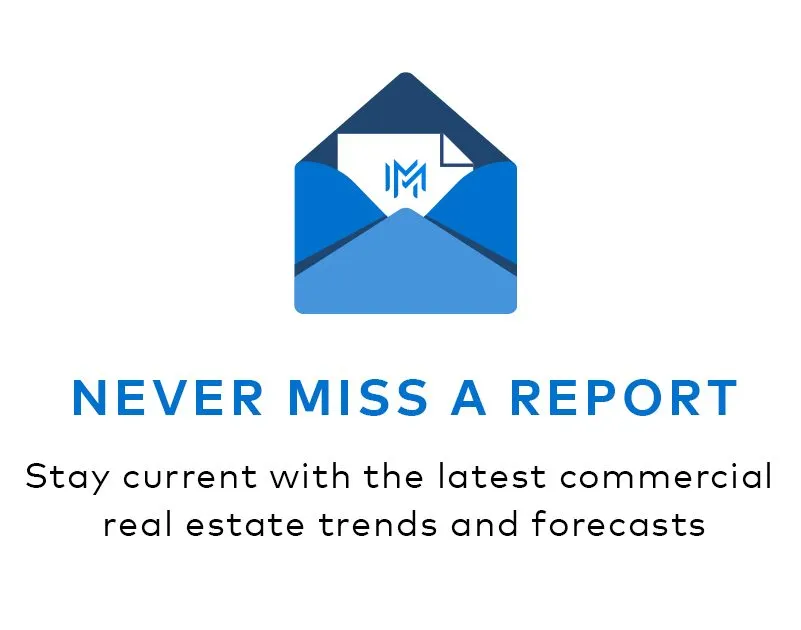Big Tech Eyes a Return to the Office
Things look more promising for the office sector now than they did last summer. Vaccine rollout has been moving along, with more than a fifth of all adults fully vaccinated. Despite the pause in the Johnson & Johnson vaccine administration, officials expect every adult to be able to receive a vaccine by summer. This will allow firms to plan for a fall return to the office. Another positive for the industry is the results of KPMG’s recent CEO Outlook Pulse Survey. In August, 69% of CEOs said they would reduce their office footprint, but by March that number had fallen to only 17% of respondents.
The reported plans of large tech firms provide some insight into the future. Most have now reopened offices at limited capacity and set target dates for a full return to the office. Some—like Facebook, Twitter, Salesforce and Microsoft—are eying a hybrid model where employees spend part of the week in the office and part working from home. Although Mark Zuckerberg said last year that nearly half of Facebook employees will be remote in the next five to 10 years, the company has signed 1.9 million square feet of leases in Manhattan alone in the last year, between Hudson Yards and The Farley Building, Manhattan’s former main post office branch, which is currently under renovation.
Amazon and Google, however, are looking toward a full-time return to the office. Google announced a September deadline for employees to return, with any employee wanting to work more than 14 days a year remotely needing to apply to do so. Google recently signed a 500,000-square-foot lease at 1105 West Peachtree, a Midtown Atlanta tower currently under construction. Amazon told employees the “plan is to return to an office-centric culture as our baseline” and announced last year it would expand offices in six cities: Denver, Detroit, Dallas, New York, Phoenix and San Diego.
A tech firm return to the office is good news for the San Francisco and Bay Area markets, which have been battered by the pandemic. Not only have there been high-profile departures to Texas by firms like Oracle and Tesla but the overall vacancy rate has skyrocketed, climbing 660 basis points in the Bay Area and 650 in San Francisco over the last 12 months
Read the full Yardi Matrix Office National Report – April 2021











Add Comment